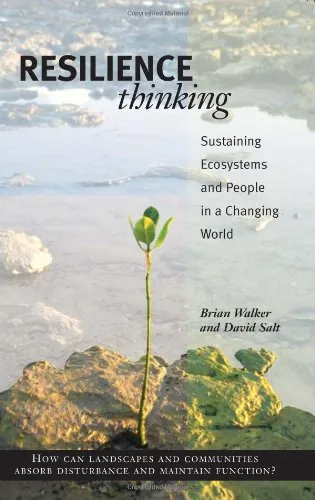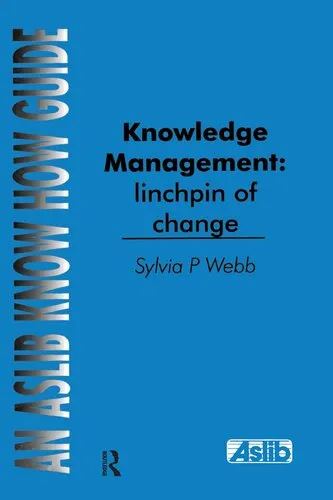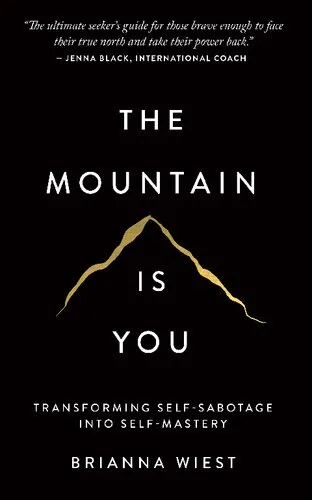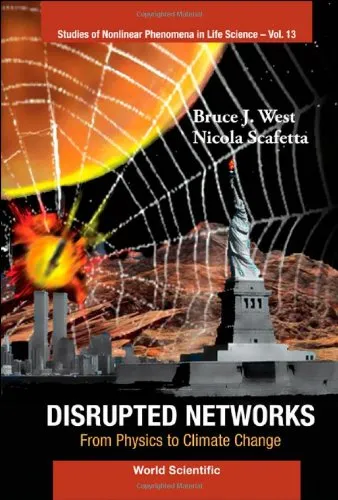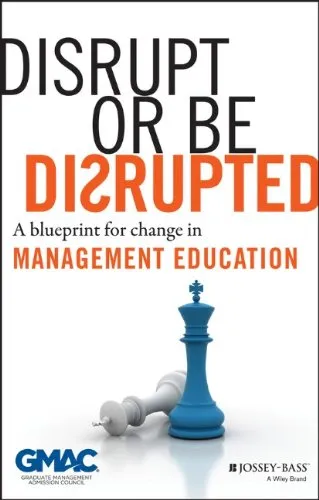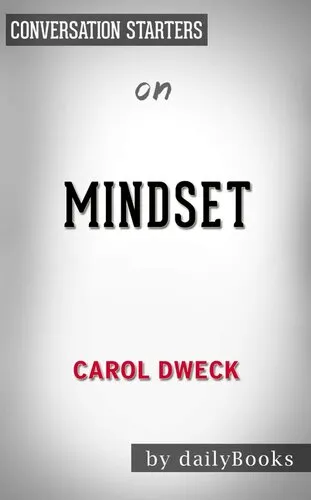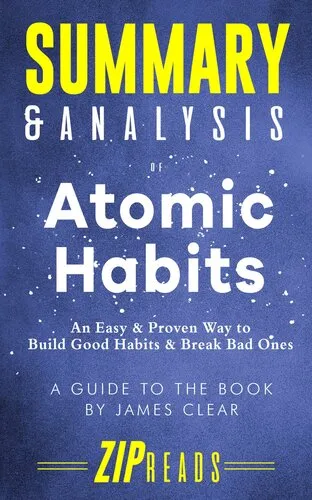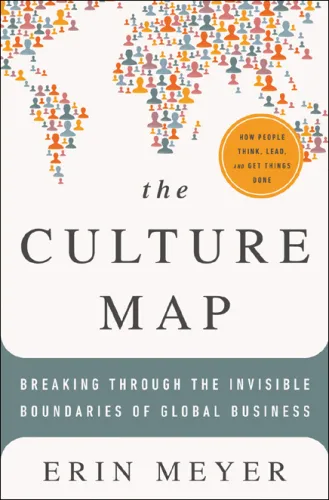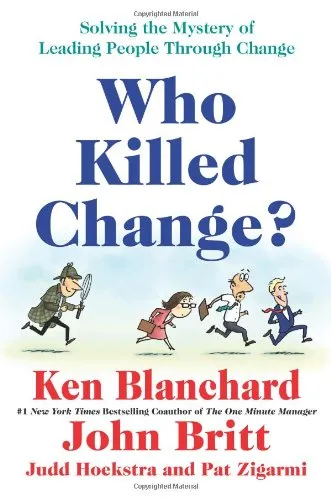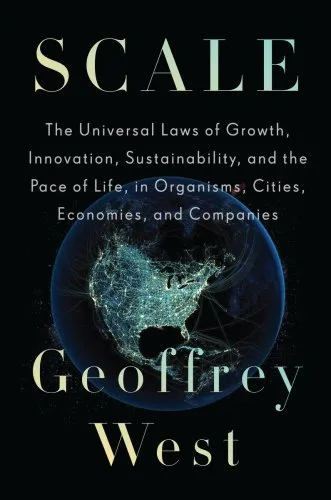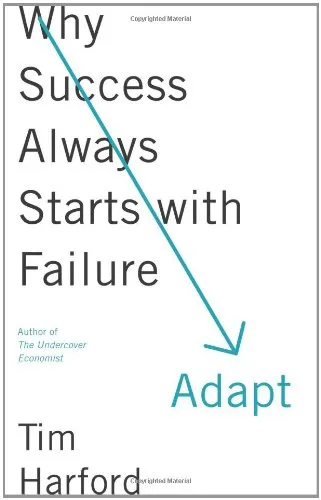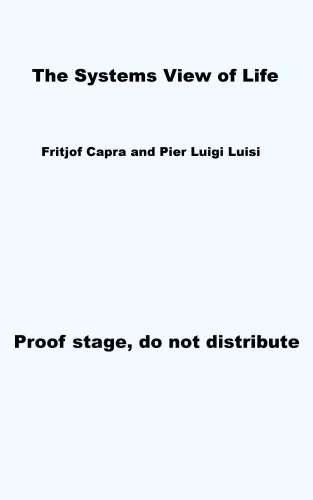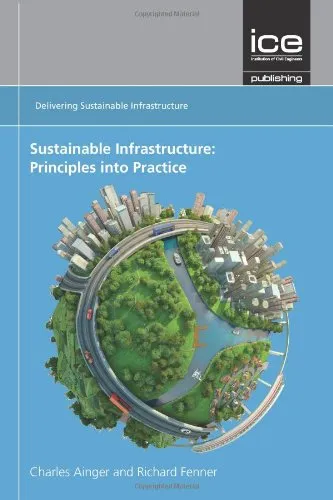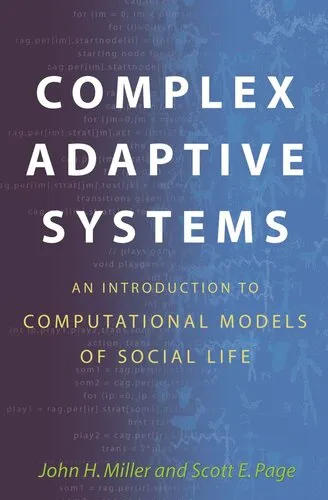Resilience Thinking: Sustaining Ecosystems and People in a Changing World
4.7
Reviews from our users

You Can Ask your questions from this book's AI after Login
Each download or ask from book AI costs 2 points. To earn more free points, please visit the Points Guide Page and complete some valuable actions.Related Refrences:
Introduction
The book "Resilience Thinking: Sustaining Ecosystems and People in a Changing World" is a pivotal work that explores the intricate and increasingly important relationship between human societies and the ecological systems that support them. Authored by Brian Walker and David Salt, this work delves into the concept of resilience and offers insights into how both natural and human systems can be managed more sustainably.
Detailed Summary of the Book
"Resilience Thinking" introduces the concept of resilience as a way to understand the capacity of systems—both ecological and social—to absorb disturbances and still retain their basic function and structure. Walker and Salt challenge traditional management approaches, emphasizing that systems should not aim for stability or return to a 'steady state.' Instead, they argue for a dynamic understanding of systems that recognize the inevitability of change and uncertainties.
Walker and Salt present a framework for applying resilience thinking to real-world problems, stressing the importance of adaptive management and the need to view ecosystems and societies as interlinked. Through various case studies and illustrations, they provide practical examples of how resilience thinking has already been successfully applied in various contexts.
The book is divided into essential sections that lay the groundwork for understanding the principles of resilience, its application in managing change, and a guide on implementing resilience thinking in policy and practice. Readers are urged to consider not just the components of systems but also the connections and feedback loops that exist within and between systems.
Key Takeaways
- Resilience is not about resisting change but managing it. Systems should be built to absorb disturbances and undergo change while maintaining their core functionality.
- The interconnectedness of social and ecological systems means that sustainable management requires a holistic approach considering all facets of these systems.
- Adaptive management and learning are critical components of resilience thinking, acknowledging that the future is uncertain and unpredictable.
- Diversity and redundancy within systems can enhance resilience, providing multiple pathways for system functions to persist in the face of change.
Famous Quotes from the Book
Here are a few memorable quotes that encapsulate the essence of resilience thinking:
"The more you tighten your grip, the more systems will slip through your fingers."
"Resilience is about being able to navigate change and uncertainty, not trying to prevent it."
Why This Book Matters
"Resilience Thinking" matters because it shifts the paradigm from traditional sustainability practices that often focus on maintaining systems in a static state to a more dynamic and realistic approach. This book is crucial in today’s context of climate change, environmental degradation, and social upheavals, providing tools and frameworks to policymakers, researchers, and anyone interested in sustainable future planning.
In a rapidly changing world, the insights from this book offer a pathway to not only adapt to but also thrive amidst change by embracing the principles of resilience thinking. It champions the idea that both people and ecosystems are bound in an ongoing dance with disturbance, and understanding this dance is key to sustainability.
Free Direct Download
You Can Download this book after Login
Accessing books through legal platforms and public libraries not only supports the rights of authors and publishers but also contributes to the sustainability of reading culture. Before downloading, please take a moment to consider these options.
Find this book on other platforms:
WorldCat helps you find books in libraries worldwide.
See ratings, reviews, and discussions on Goodreads.
Find and buy rare or used books on AbeBooks.
1379
بازدید4.7
امتیاز0
نظر98%
رضایتReviews:
4.7
Based on 0 users review
Questions & Answers
Ask questions about this book or help others by answering
No questions yet. Be the first to ask!
